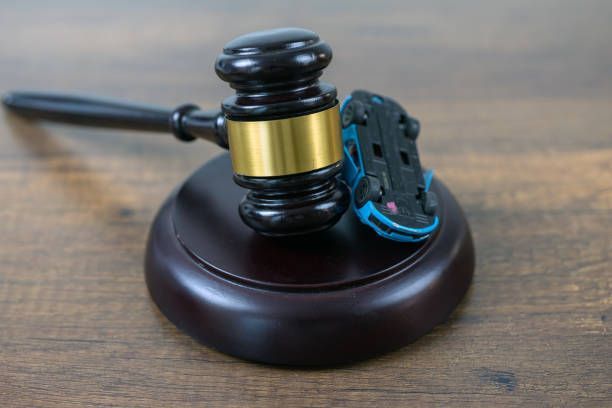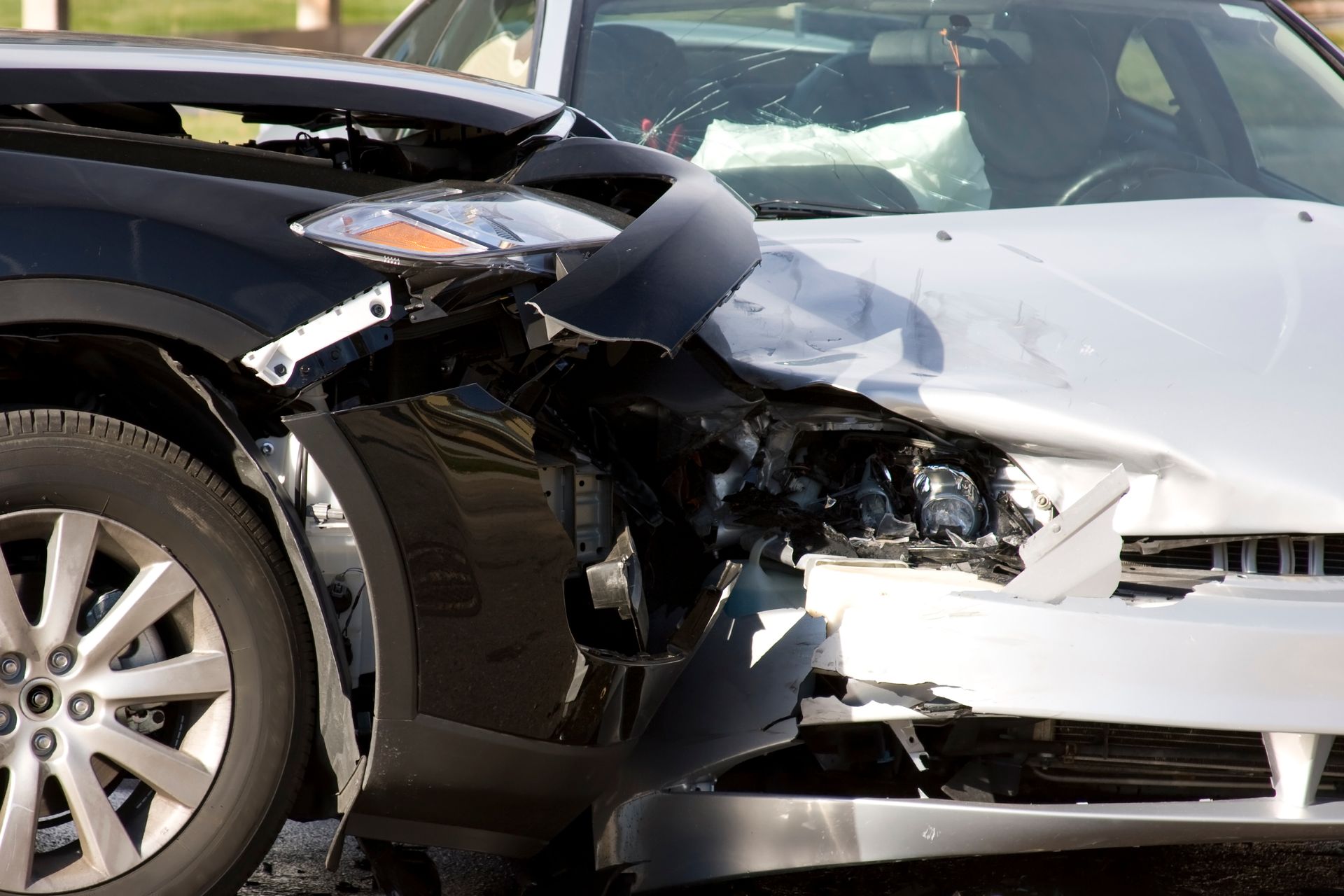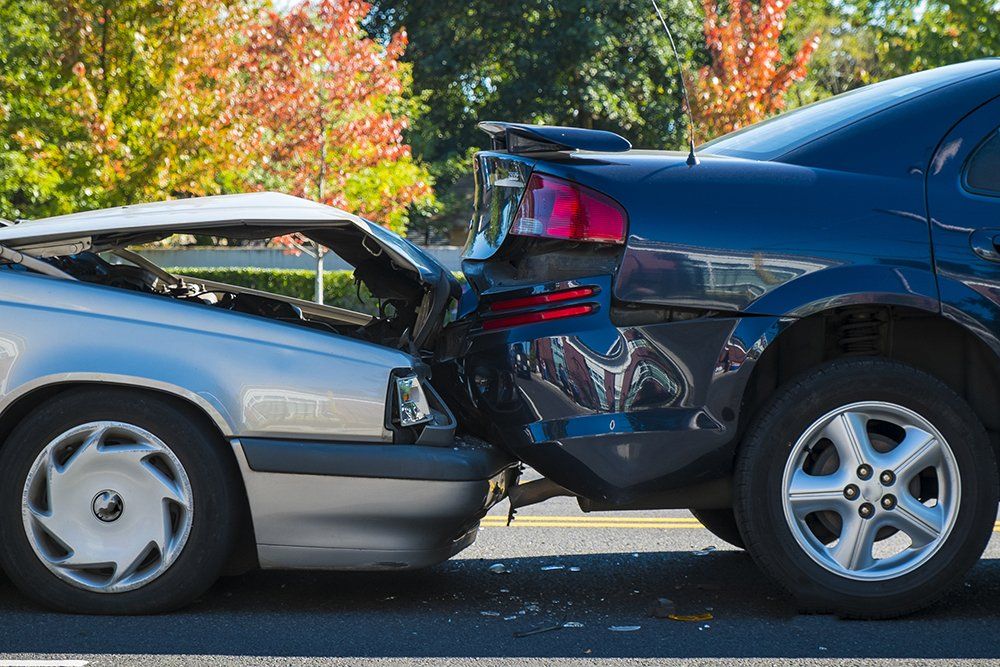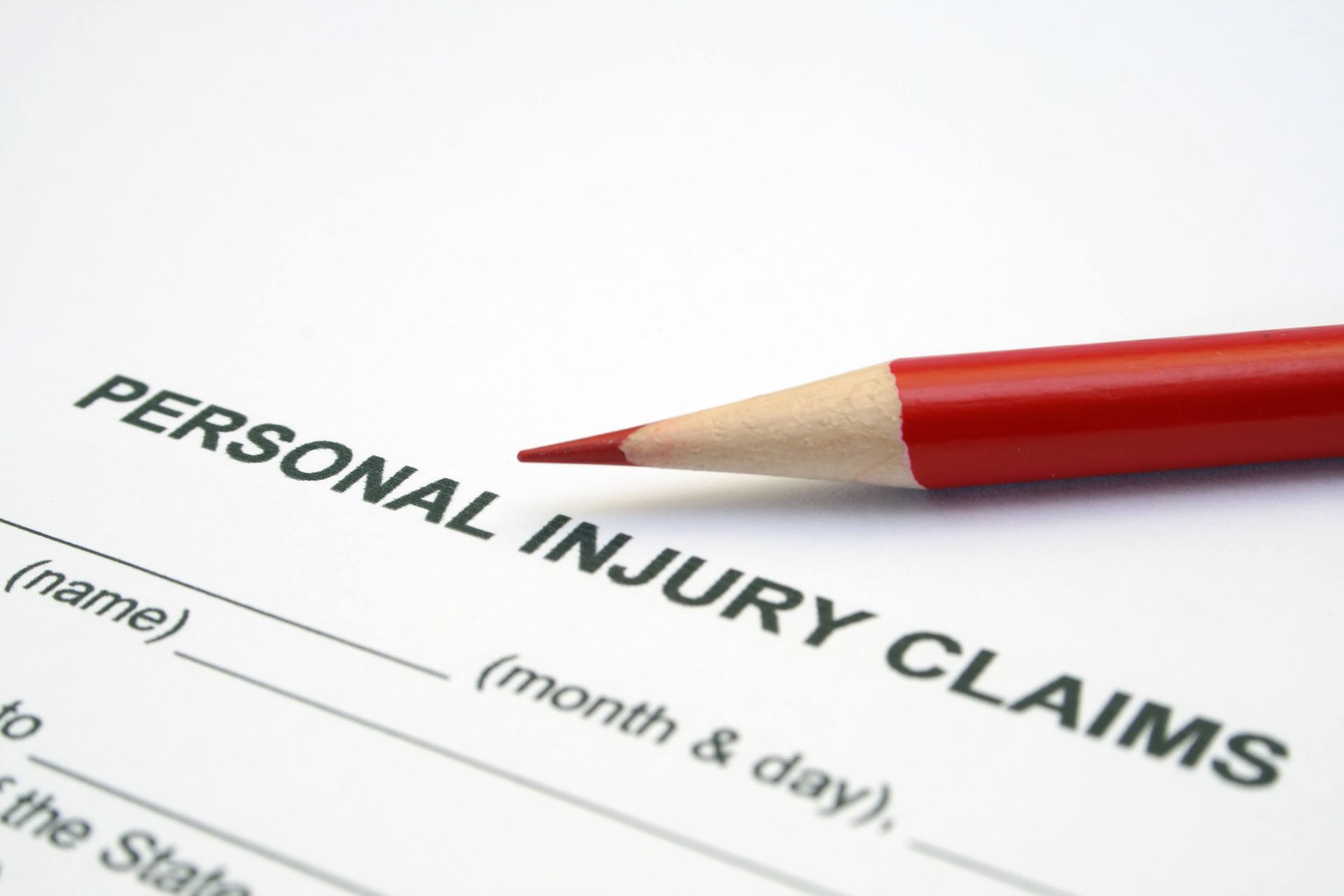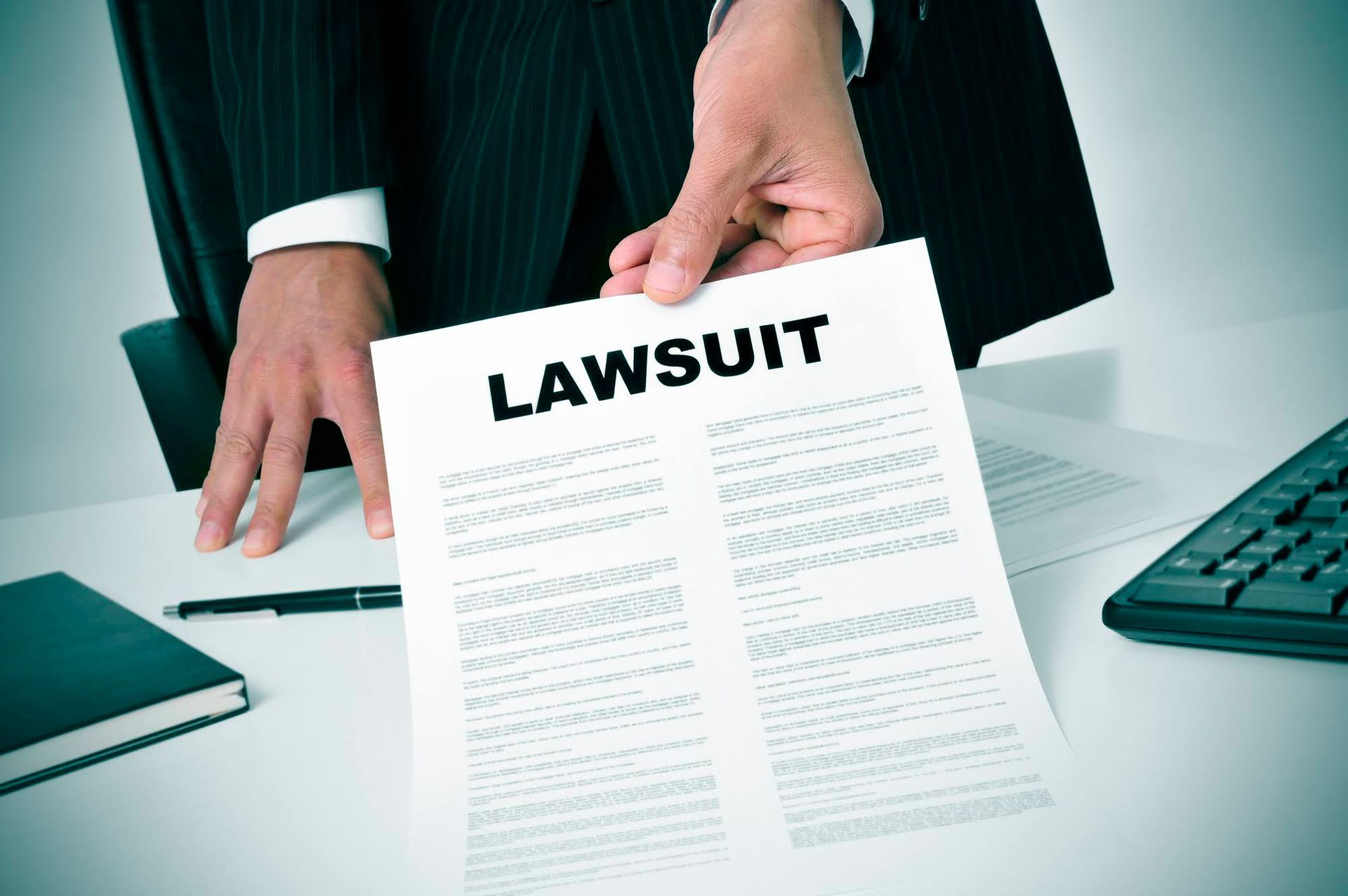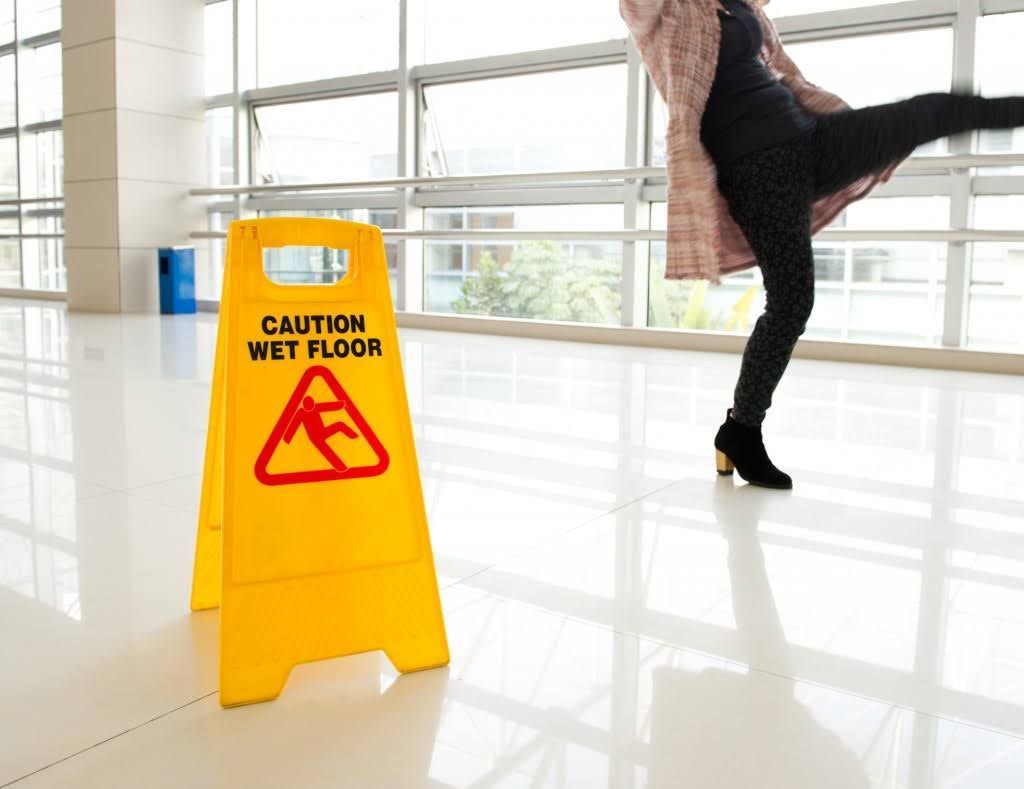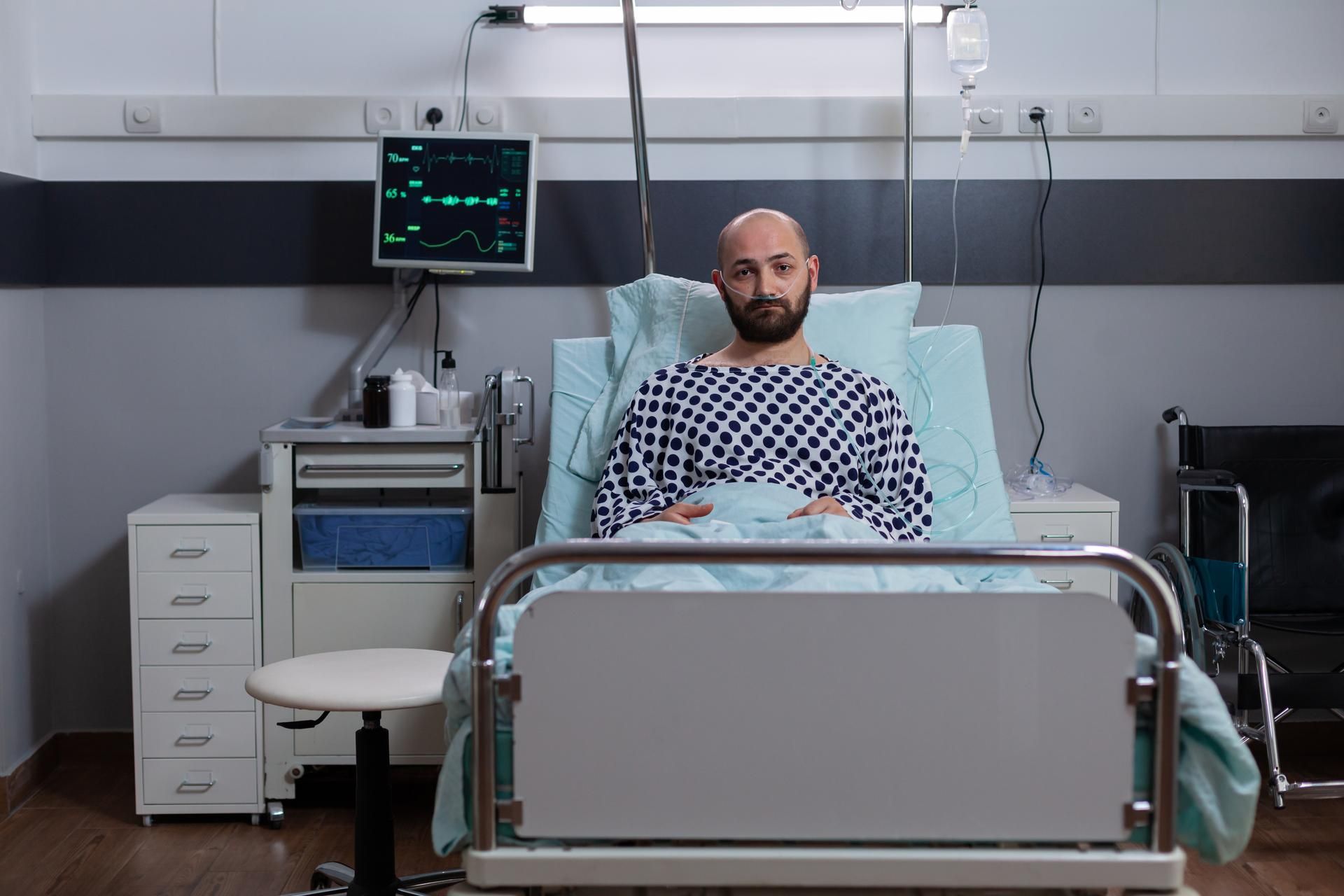Potential Causes of Nursing Malpractice

Hospitals are common targets of medical malpractice cases. However, individual medical practitioners, even beyond the doctors, can also be guilty of medical malpractice. For example, nurses play critical roles in patient care, and their negligence can lead to serious patient injuries as commonly as anyone else. Below are some of the ways nurses' actions can lead to medical malpractice.
Patient Neglect
Patient monitoring is one of the core duties of nurses. The specific duties may include:
- Keeping track of the patient's vital signs, such as heartbeat, by checking on relevant instruments
- Visually and physically assessing the patient for critical changes
- Responding to the patient's needs
A nurse who doesn't monitor their patient may be liable for malpractice. In such a case, you have to prove that:
- You were under the nurse's care
- The nurse failed in their duty to monitor your condition, failing to meet the standard of the case prescribed
- The nurse's failure caused your injuries
Expect the liable nurse to deny your claims — they might even blame other parties (such as a doctor) for your injuries. You WILL need an expert witness, who provides a ‘Certificate of Merit’, in order to even get an opportunity to prove the nurse's liability.
Improper Documentation
Documentation plays a big role in nursing care. For example, nurses use documentation to:
- Evaluate patient progress
- Communicate with other parties, such as doctors and patients
- Ensure continuity of care irrespective of shift changes
All of these duties are possible only if a nurse is meticulous and accurate with his or her documentation. Improper documentation can lead to serious consequences. Consider examples where a nurse:
- Records errors after taking a patient's vitals
- Fails to record a patient's change for the worse
- Uses incorrect abbreviations that other healthcare professionals don't understand
All of these issues can lead to different consequences, depending on the nature or condition of the patient. For example, your doctor might not prescribe appropriate medication if the nurse doesn't document your worsening condition.
Improper Use or Removal of Instruments
Healthcare professionals rely on multiple instruments to monitor and care for patients. Nurses are responsible for using and discontinuing many of these instruments used. For example, a nurse may be responsible for:
- Inserting and removing a catheter
- Inserting and removing intravenous (IV) lines
- Drawing blood for laboratory tests
Improper handling of these routine procedures can cause injuries for which the relevant nurse might be liable. For example, the nurse should deflate the balloon anchoring the urinary catheter during catheter removal. Failure to do this can cause further injury to the patient's urinary system.
As with other cases, the court won't just take your word for it that the nurse caused your injury. You need to compare the nurse's actions to the standard of care or standard operating procedure proscribed for such cases. You only have a claim if the nurse's actions fell below the applicable standards.
Improper Positioning During Surgery
Operating room nurses are even responsible for the proper positioning of patients. Proper positioning depends on various factors, including the patient’s:
- Age
- Bodyweight
- Medication
- Anesthesia requirements
- Type of surgery
Improper positioning can lead to temporary or long-term injuries. For example, placing a patient in the wrong position can:
- Exert undue pressure on a body part, leading to nerve damage
- Impede the patient's respiratory functions
- Restrict blood flow to a specific body part
The operating room nurse might also be liable for your injuries if you have suffered improper positioning injuries. Again, the mere occurrence of improper positioning doesn't constitute medical malpractice. You ALWAYS have to prove that improper positioning, and not some other thing, caused your injuries.
To conclude, you hopefully will never suffer from any medical provider’s negligence any time you seek medical care. But, because none of us can eliminate all of the risks that are faced, we must always be aware and mindful that it sometimes occurs. For that reason, Contact Higinbotham & Higinbotham, PLLC if you believe you have suffered from someone committing medical malpractice. We are always prepared to review your case and help you recover your damages in the event your action is viable.
